cognitive dissonance
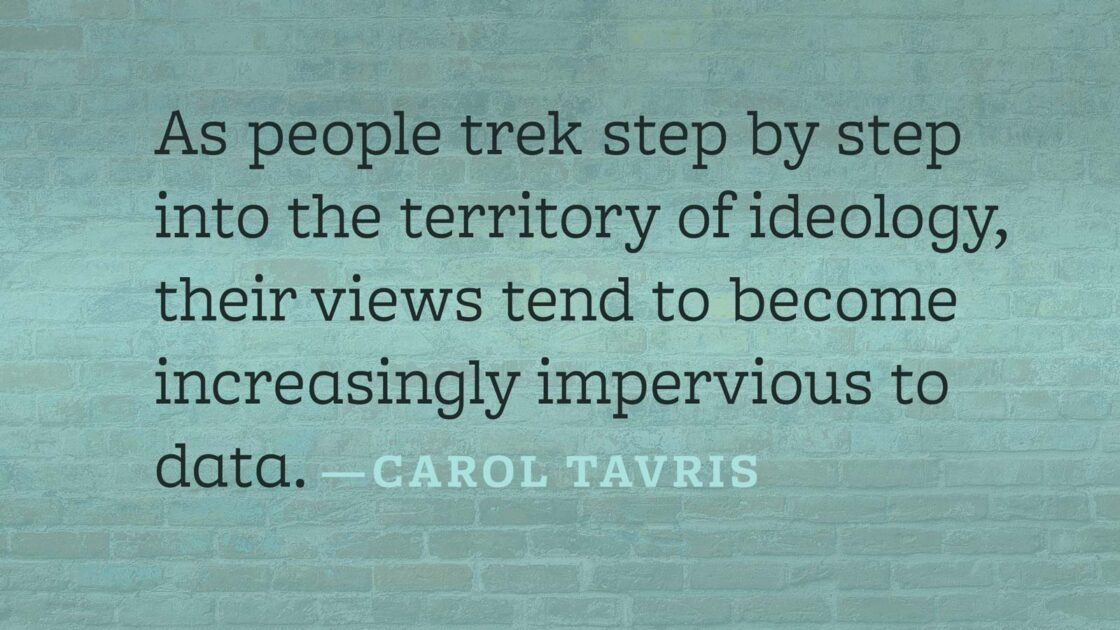
Instead of liberal-conservative bias in education we should think about biases and orthodoxies by topic. Each side values truth and cites facts, but only if they confirm what they already believe. Ideological and Political Bias in Psychology (edited by Frisby, Redding, O’Donohue, & Scott Lilienfeld) details the harm to psychological science, academia, and society from today’s very illiberal ‘woke’ ideology.
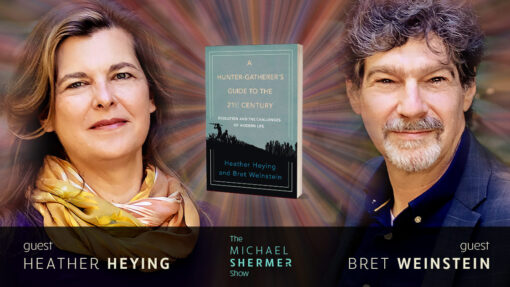
We are living through the most prosperous age in all of human history, yet people are more listless, divided and miserable than ever. In episode 209 Michael Shermer speaks with Heather Heying and Bret Weinstein about evolution and the challenges of modern life, based on their new book A Hunter-Gatherer’s Guide to the 21st Century.
In episode 209 Michael Shermer speaks with Heather Heying and Bret Weinstein about evolution and the challenges of modern life, based on their new book A Hunter-Gatherer’s Guide to the 21st Century. PLUS, new Skeptic digital subscriptions are on sale for only $6.99 for 4 issues until Sept. 26, 2021!
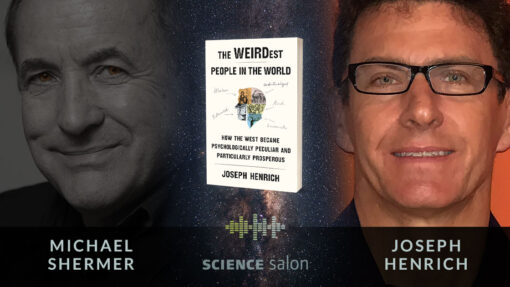
WEIRD: Western, Educated, Industrialized, Rich, and Democratic. Unlike much of the world today, and most people who have ever lived, WEIRD people are highly individualistic, self-obsessed, control-oriented, nonconformist, and analytical. How did WEIRD populations become so psychologically distinct? What role did these psychological differences play in the industrial revolution and the global expansion of Europe during the last few centuries?
In Science Salon podcast # 134, Michael Shermer speaks Joseph Henrich about his book: The WEIRDest People in the World: How the West Became Psychologically Peculiar and Particularly Prosperous.
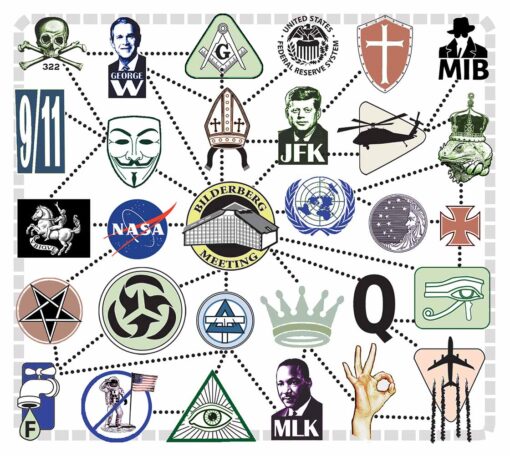
What is a conspiracy, and how does it differ from a conspiracy theory? Michael Shermer explains who believes conspiracy theories and why they believe them in the following essay, derived from Lecture 1 of his 12-lecture Audible Original course titled “Conspiracies and Conspiracy Theories: What We Should Believe and Why.”
Dr. Anondah Saide and Dr. Kevin McCaffree examine whether political party identification is associated with tolerant attitudes towards individuals with different political views. ALSO, Michael Shermer explains who believes conspiracy theories and why they believe them in an essay derived from a lecture on conspiracies and conspiracy theories.

Social psychologist Carol Tavris reminds us that it is more important than ever to tolerate complexity and ask questions that evoke cognitive dissonance whenever a movement is fueled by rage and revenge.

In this week’s eSkeptic, social psychologist Carol Tavris reminds us that it is more important than ever to tolerate complexity and ask questions that evoke cognitive dissonance whenever a movement is fueled by rage and revenge.

Can paradoxes that seem to undermine belief in the God of Christianity actually support a belief in Him? Skeptic magazine’s religion editor, Tim Callahan, reviews Paradoxology: Why Christianity Was Never Meant To Be Simple, by Krish Kandiah.
Can paradoxes that seem to undermine belief in the God of Christianity actually support a belief in Him? Skeptic magazine’s religion editor, Tim Callahan, reviews Paradoxology: Why Christianity Was Never Meant To Be Simple, by Krish Kandiah.
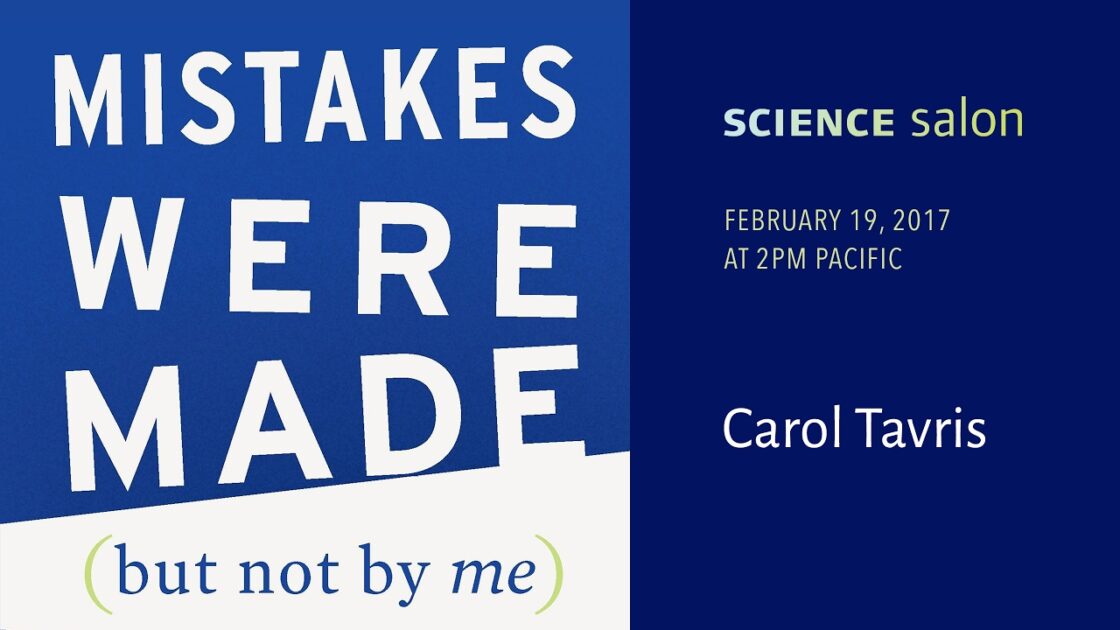
Why is it so hard to say “I made a mistake”—and really believe it? Social psychologist Dr. Carol Tavris, one of the most influential thinkers and writers of our time, explores in dialogue with Michael Shermer cognitive dissonance and what happens when we make mistakes, cling to outdated attitudes, or mistreat other people—we must calm the cognitive dissonance that jars our feelings of self-worth.
Michael Shermer argues that science and reason have bent the moral arc of society towards justice and freedom; also, for Scientific American, Shermer compiles several responses from a number of sources on the incomprehensible topic of “nothing”.
In this week’s eSkeptic, we announce three upcoming Science Salons with Dr. Carol Tavris, Dr. Andrew Shtulman, and Derren Brown; plus, Derek interview Bo Bennett on Skepticality about his latest book, Uncomfortable Ideas.
On November 22, 1963, President John F. Kennedy was assassinated by lone-gunman Lee Harvey Oswald. Yet, about three-quarters of Americans believe that President Kennedy was the victim of a multi-shooter conspiracy. In this week’s eSkeptic, Michael Shermer discusses several psychological factors at work that allow conspiracy theories to persist.














